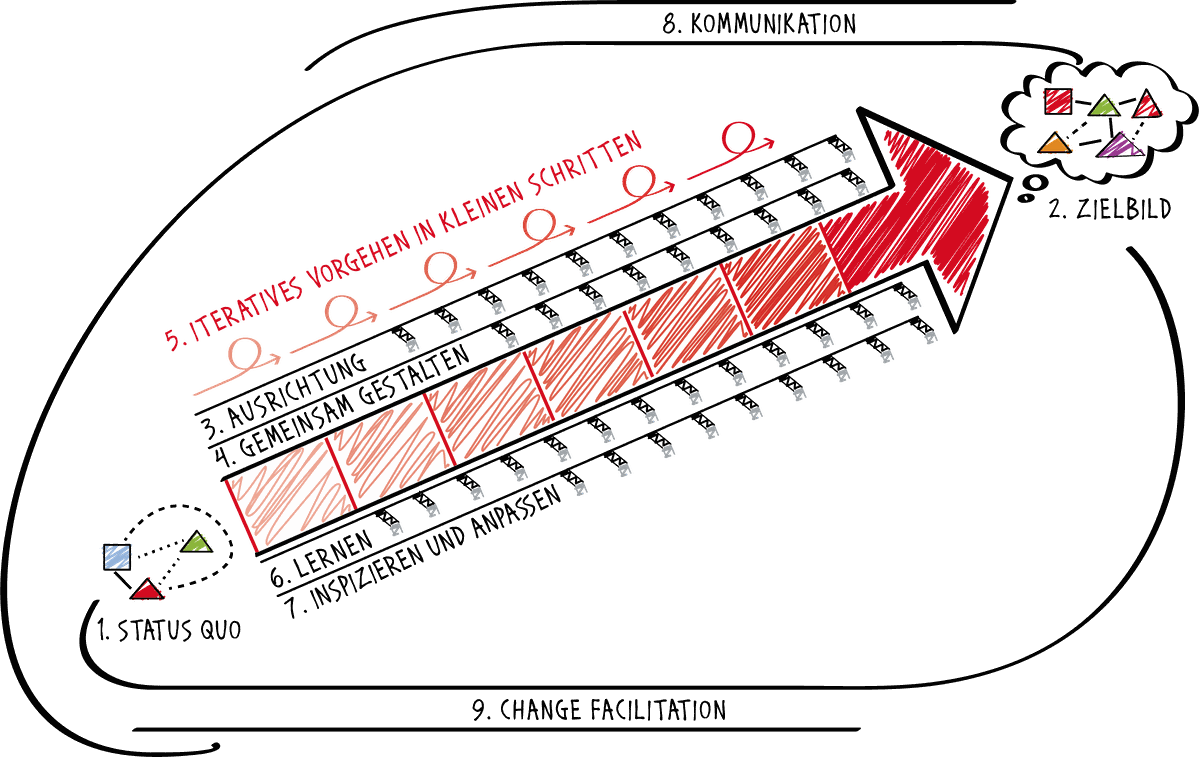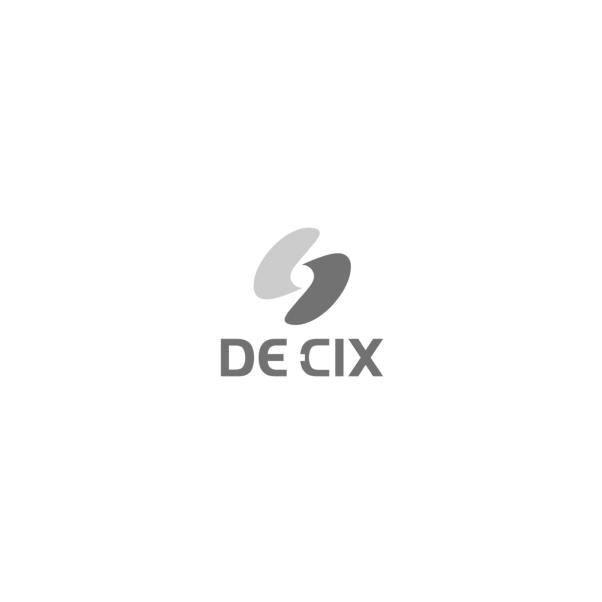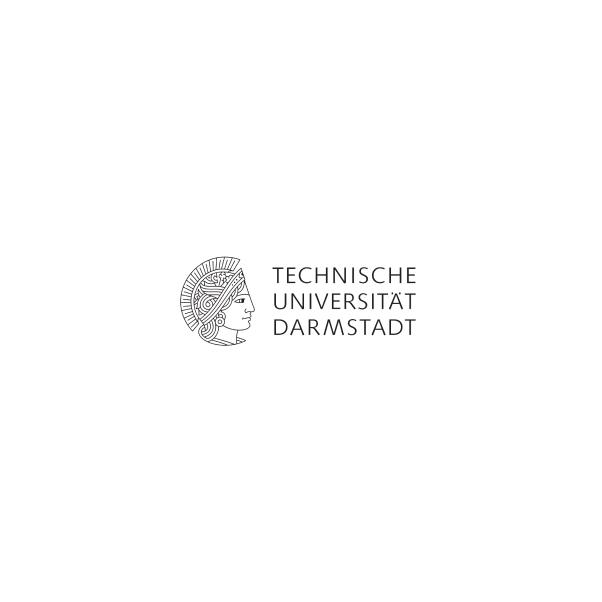Consulting
Change Management - Develop Organizations Successfully
Change management means preparing the ground so that structures, processes and behaviors can change fundamentally in the first place. With a clear goal in mind, so that everyone moves in the right direction and everyone makes a meaningful contribution along the way. Above all, change management means one thing: demonstrating the purpose of change and making it as effective as possible for everyone involved. In theory, this can be done quickly. But only if you take the people involved with you right from the start will you initiate sustainable change.
"We support you in making the change process of your organization agile and sustainable."
wibas supports your organizational development with change management principles
We support you in approaching a change in such a way that it is aligned with your company's business objectives. In other words, a change with us is individually tailored to the needs of your organization. We help you understand the operating principles of a change in order to set up your company's organizational development and support it with appropriate techniques or interventions. We provide you with an outside perspective and feedback. With impact monitoring, we make transparent how well the change is taking hold in your company and measure the degree of goal achievement - at any time in your change process. In this way, we can always react together in time and, if necessary, make directional corrections. As experts for organizational development, we have many years of change experience and achieve success in small organizations as well as in very large ones with thousands of employees.
Change facilitation for good change management
We believe in change through our own efforts. Change is a bit like sports: The trainer can guide, show techniques and give feedback - but in the end, it can only be done with one's own strength. Changes in the organization also have to be implemented by the organization. We support change in this process with change facilitation. For us, this means contributing our knowledge of "How does change work?", techniques, facilitation and orchestration.
Factors for a successful transformation
In essence, every change is made by people and for people - and therefore only works with and through people. It is therefore important to align a transformation through leadership, to inform employees, to involve them and – where necessary – to qualify them. Changing an entire organization initially seems like an endless challenge. And guess what? It is. But if you transform your company in small manageable steps, you will have the best foundation to reach your big goal. For more than 20 years, we have been supporting organizations in change projects. In this practice, the following success factors have emerged for successful and sustainable transformation:

-
Status quo: We look at where you currently stand and identify the biggest "pain points" together with you. This is how we ensure that your change project is heading in the right direction.
-
Vision: A clear goal is important. We help you develop a vision that helps you achieve your business goals and gives direction to stakeholders.
-
Iterative approach: The best way to achieve a big change is to make many small changes towards your target image. This way you can easily make directional corrections at any time.
-
Alignment: For change to work, leadership must lead by example and link the target picture to employees' day-to-day work.
-
Co-design: Involve your employees in the change and work out ways and solutions together.
-
Learning: We support the employees concerned through various measures such as training and coaching in putting the change from theory into practice.
-
Inspect and adjust: We evaluate the change over time and track goal achievement. This is how we ensure that your organization stays on the right track.
-
Communication: Transparent change communication reduces resistance and gets your employees on board.
-
Change facilitation: Change is understood as a continuous process. This helps you to ensure time and again that your organization is ready for the demands of the market.
And how long does that take?
It depends on your organization, your situation and your transformation project - and the scale of the change. The big challenge is to find the right speed and implement the changes across the entire breadth of the organization. If it takes too long, the transformation will not be noticed and will fizzle out. If it goes too fast, people are overwhelmed, productivity suffers and there is a high level of resistance, which in the worst case leads to an abortion of the transformation project. We support you in finding the right implementation speed for your organization.
Examples of successful accompanied organizational development
Change management and the accompaniment and orchestration of change is a basic competence of wibas. We have been accompanying companies in transformations for over 25 years. The topics change, but our attitude remains: change by our own efforts. Examples of changes we have accompanied are:
-
Changes in leadership culture and in the interaction between managers and employees
-
Organizational restructuring
-
Introduction of new IT systems and associated adjustments to work processes
-
Process improvement
-
Introduction of new processes













Where can you go from here?
You can learn more about the contents, theory and practice of a successful change and its success factors in a personal conversation with us or together with others in our training on Certified Agile Change Manager.
Give us a call. We look forward to talking with you.
Academy
Certified Agile Change Manager
A change to an Agile organization needs Agile Change. You will learn the "how" in our hands-on training. Good change is fun - and that starts with the training.
Map of change
Take trips to the "City of Ideas" or the "Island of Good Practices" and gain insight into successful organizational development with a twinkle in your eye.
Agile Transformation
Agile transformation: a major challenge. As experts for agility and change management, we know the goal and the path.
Healthy change despite ups and downs - is that possible?
Absolutely, but it takes leaders with health literacy. Find out what that means in our blog.
Your expert for change:
Stephanie Lohß
wibas GmbH
Stephanie Lohß
Otto Hesse St. 19B
64293 Darmstadt
+49 6151 503349-0
